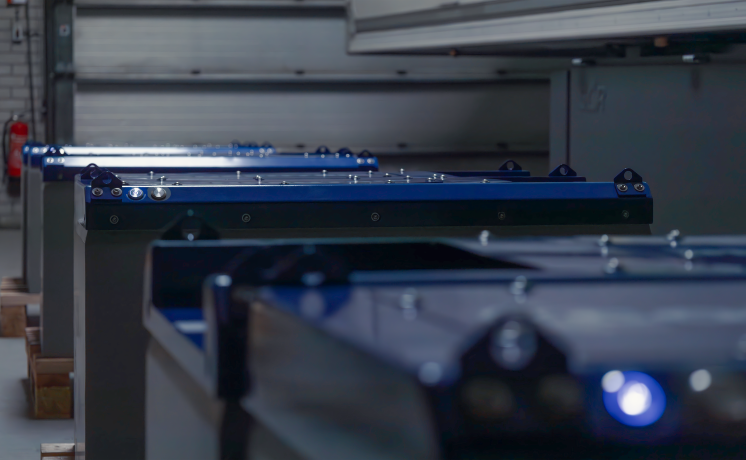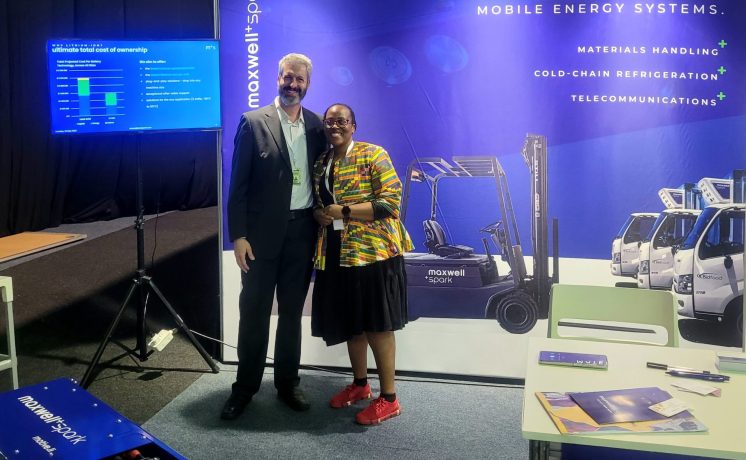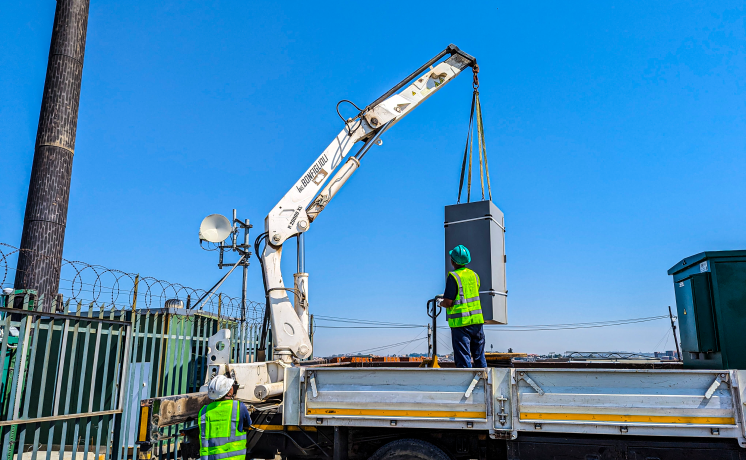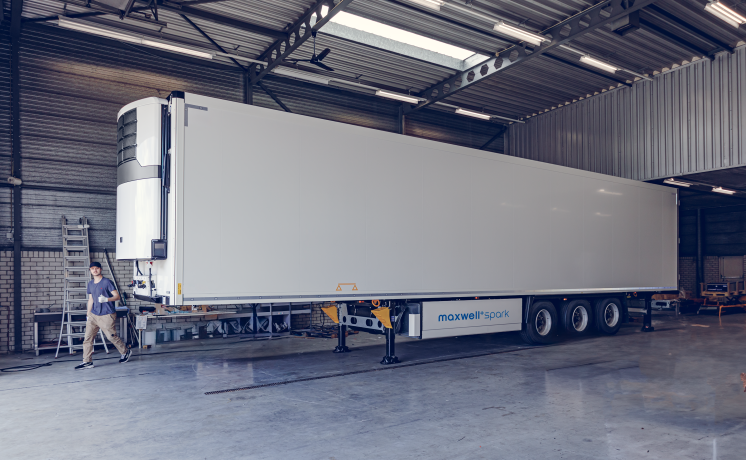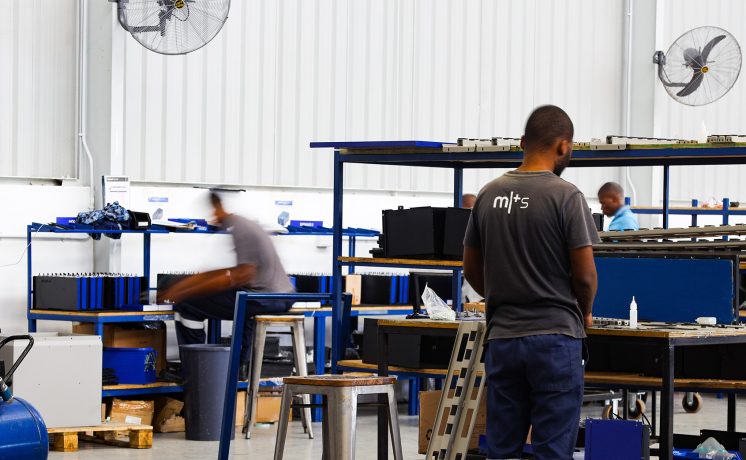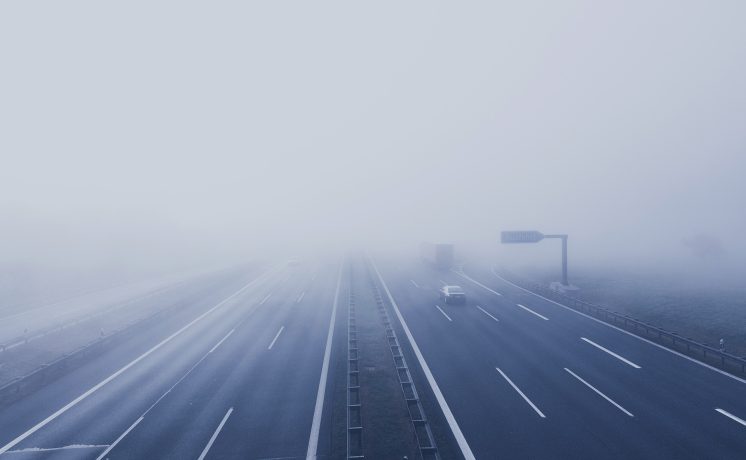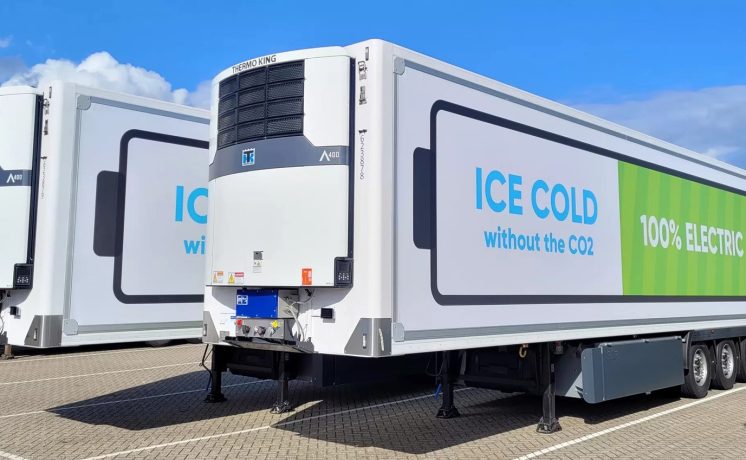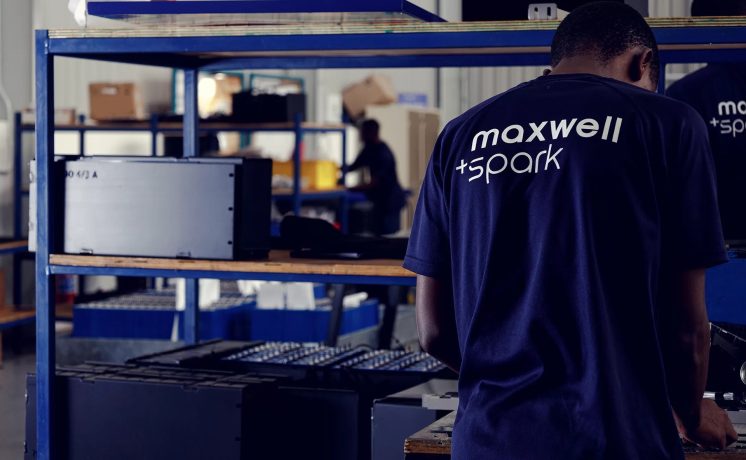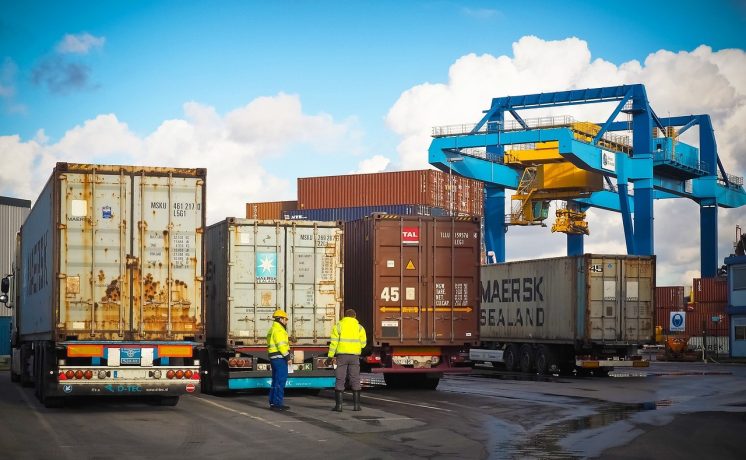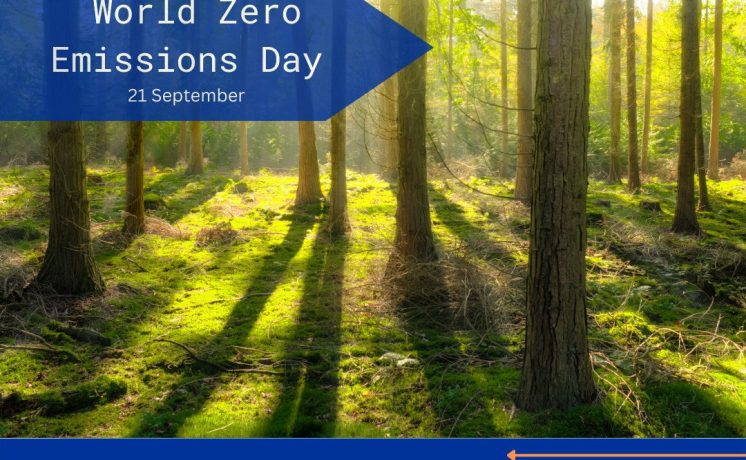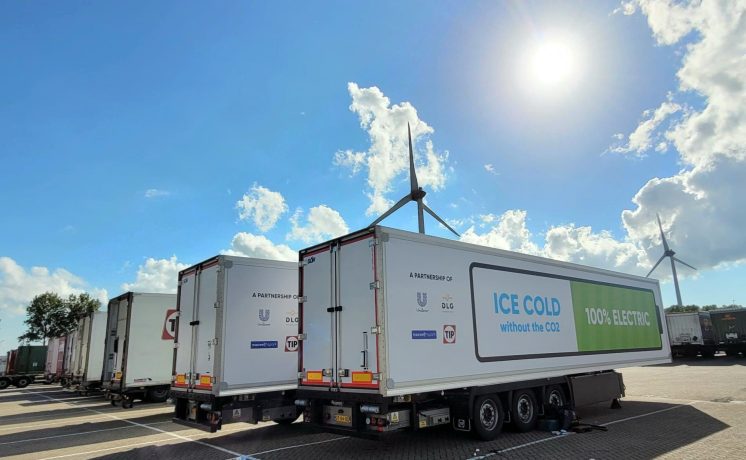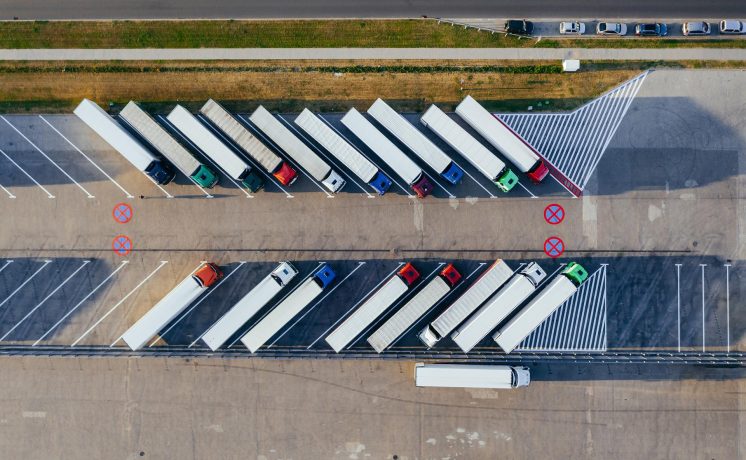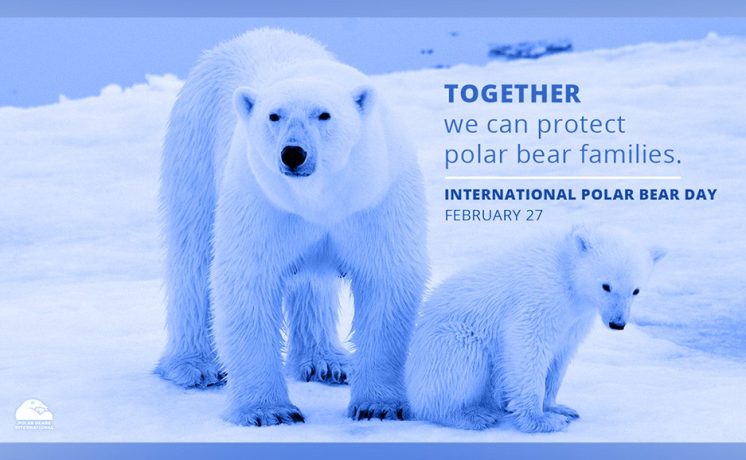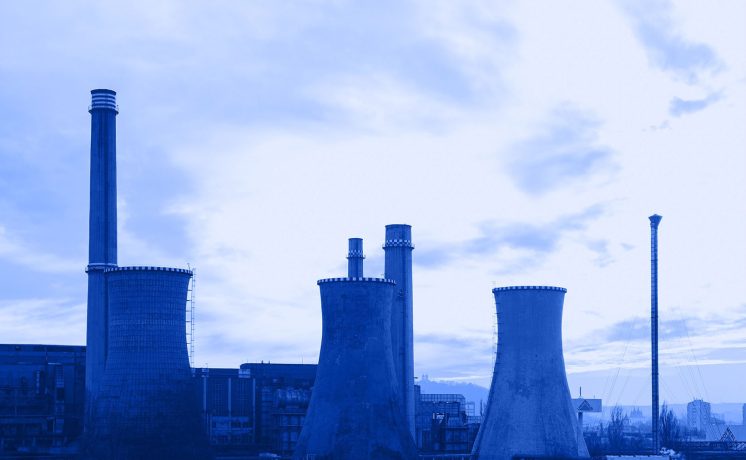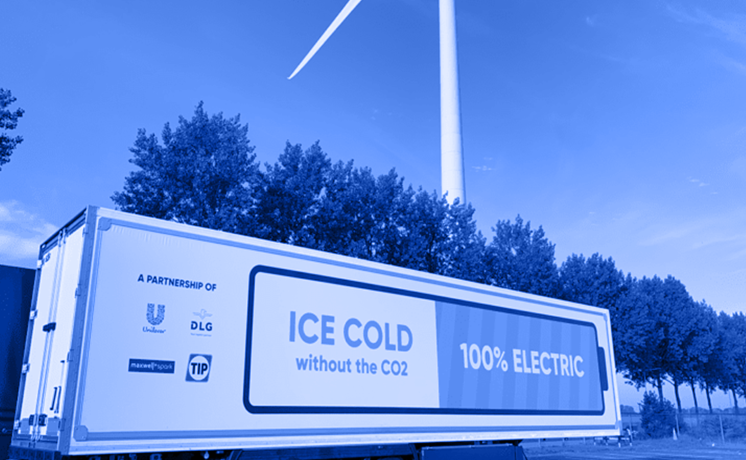Amidst summer’s distraction of ice-cream, cooling off in whatever expanse of water is available and the busy whir of fans, something happened this week.
According to data from two climate tracking agencies spanning multiple decades, this week witnessed the highest global temperature ever recorded.
On Monday, the average global temperature reached 17.01 degrees Celsius, surpassing the previous high of 16.92 which was recorded by the US National Center for Environmental Prediction in 2016.
The temperature climbed even higher on Tuesday, reaching 17.18⁰C, and remained at this record-high on Wednesday. The European Union’s Copernicus Climate Change Service also confirmed that Monday and Tuesday’s global temperatures set records based on their data going back to 1940.
The world is getting hotter, and this record serves as another indicator of the rapid acceleration of global warming. This has also been felt in the Southern hemisphere, where even Antarctica has registered anomalously high winter temperatures. Ukraine’s Vernadsky research base situated in the vast frozen continent’s Argentine Islands, recently broke its July temperature record with a reading of 8.7⁰C.
With the natural climate phenomenon of El Niño layered on top of this, it is very likely that this record may be broken again as the Northern hemisphere is still in the shaded entrance of summer so to speak.
As we try to answer the more immediate question of how to cool off this summer, it is important that we don’t lose sight of the bigger pattern these records are showing. Climate change will mean more extreme heatwaves across the globe and fossil fuels are contributing to these rising temperatures.
In the EU alone, truck refrigeration units (TRUs) emit about 13 million tonnes of carbon per year. Maxwell+spark is here to help the logistics industry, especially the refrigerated transport sector to transition away from fossil fuels and reduce carbon emission.
After all, the hottest day on earth is not a record to be proud of.



